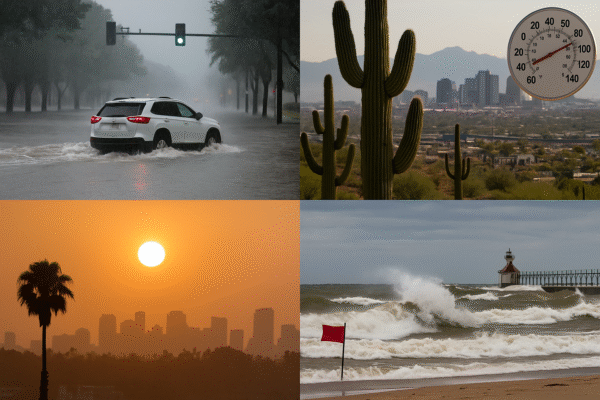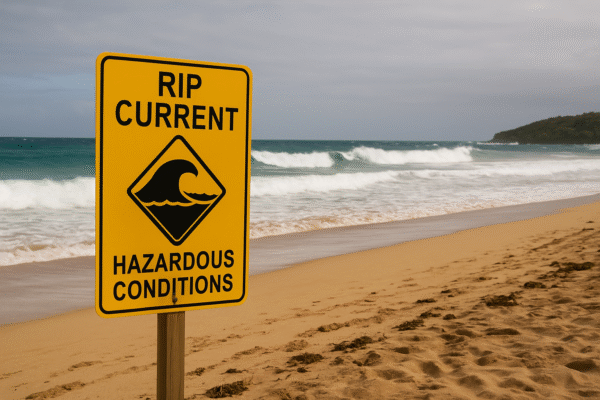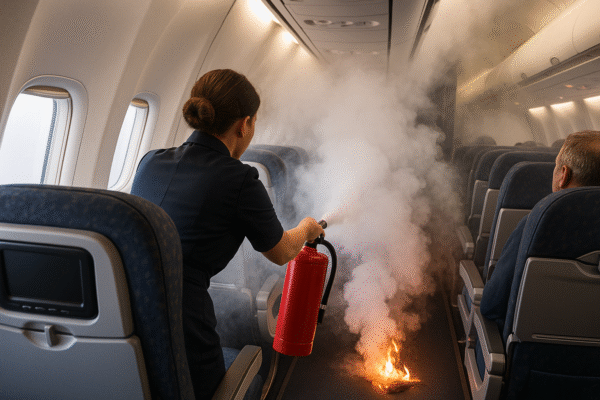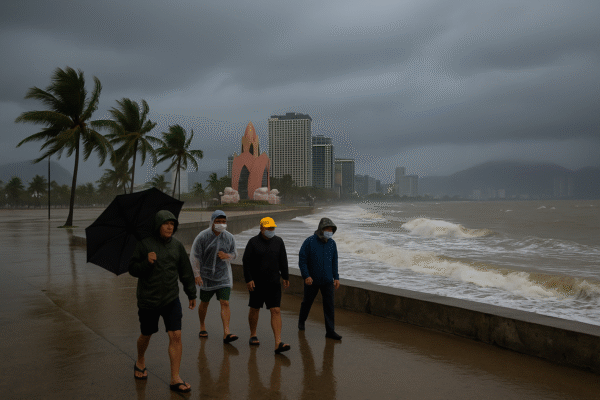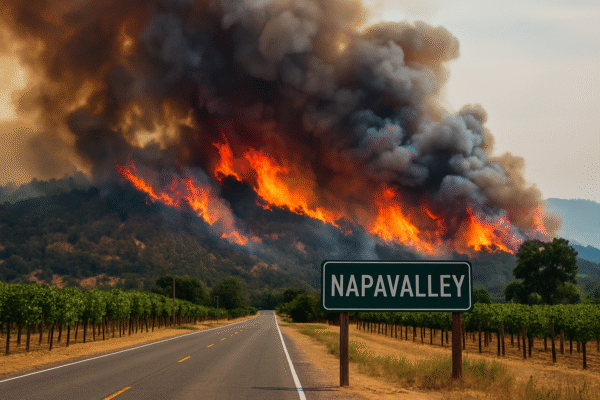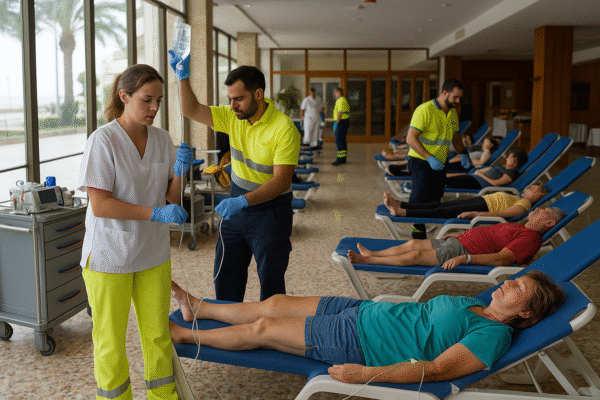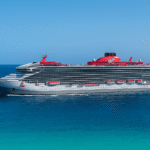From August 25, starting early in the morning, the National Weather Service has issued a High Rip Current Risk alert affecting beaches along the northern and northwestern shores of Vieques. This dangerous condition is projected to last through late tonight, dipping to moderate risk by Tuesday, according to official National Weather Service updates. Conditions showing surf heights reaching around 7 feet make even the strongest swimmers vulnerable.
What Are Rip Currents—and Why Are They Dangerous Here?
Rip currents are powerful, narrow jets of water that flow swiftly away from the shore through the surf zone. They typically form near breaks in sandbars or near coastal structures such as groins, jetties, or piers. While often narrow—less than 80 feet wide—they can quickly drag even experienced swimmers into deeper water, making escape extremely difficult.
In Vieques, the combination of long-period swells, elevated surf, and coastal configuration has heightened the risk significantly, prompting the emergency advisory
Beaches to Avoid Right Now
The following popular beaches are currently hazardous and strongly discouraged for swimming or snorkeling:
- Isabel Segunda Beach – Near the island’s main town—once known for calm, clear water—now highly risky.
- Esperanza Beach – Famous for sunset views and nightlife—currently unsafe for any water activities.
- Sun Bay Beach – Wide sandy beaches favor relaxed visits, but rip threats remain.
- Navío Beach – Remote and beautiful—but strong currents make swimming precarious.
- Red Beach – A favorite for snorkeling and relaxation—but part of the affected zone today.
These beaches are part of the broader northern and northwestern coastal stretch under warning
Smart Tips for Tourists: Rip Current Safety 101
- Stay Informed
Always check for beach flags and advisories. Lifeguard posts and local authorities provide up-to-date guidance. - Choose Lifeguarded Beaches
Swim only where lifeguards are present and visibly on duty. Avoid unmarked or unsupervised areas. - Never Swim Alone
Always have a buddy—help is critical in emergencies. - Know the Escape Strategy
If caught in a rip, do not swim against it. Swim parallel to shore until out of the current, then head back diagonally toward the beach. - Float Calmly If Exhausted
Conserve energy—float and signal for help if you can’t swim out immediately. - Avoid Risky Areas
Steer clear of piers, jetties, and groins where currents often concentrate.
If You’re Caught in a Rip Current: Step-By-Step
- Stay calm—panic drains energy.
- Signal for help—wave or shout for assistance.
- Swim parallel to the shore—move out of the current.
- Float if needed—conserve energy and wait for conditions to ease.
- Avoid fighting the current—this depletes strength quickly.
Why Authorities Are Taking This Seriously
Beyond immediate risk, similar hazardous marine conditions across Puerto Rico and nearby U.S. Virgin Islands have led to multiple fatalities and near‑miss rescue operations. The U.S. Coast Guard has emphasized deep caution for all coastal activities, especially when facing life-threatening rip currents, high surf, and coastal flooding.
Staying Safe Doesn’t Mean Missing Out
- Visit from the Sand: Vieques’ scenery is spellbinding from the shoreline—sunsets, beach walks, and scenic views remain fully accessible and safe.
- Plan for Forecast Changes: Monitor updates from the National Weather Service and local channels—conditions may ease soon.
- Enjoy Nearby Alternatives: Seek beaches with lifeguard supervision and recognized safety systems—perfect for families or less confident swimmers.
- Maintain Awareness: Even after the risk subsides, always respect posted flags and local guidance for future safety.
Conclusion: Wise Tourism for Vieques
This rip current alert is serious—but manageable with awareness and smart choices. From August 25 through tonight, avoid swimming in high-risk zones, especially in the north and northwest. The islands’ beauty remains—just enjoy it with caution and care. Keep the memory of Vieques stunning views without the danger—stay informed, swim wisely, and make safety your travel priority.
For more travel news like this, keep reading Global Travel Wire




